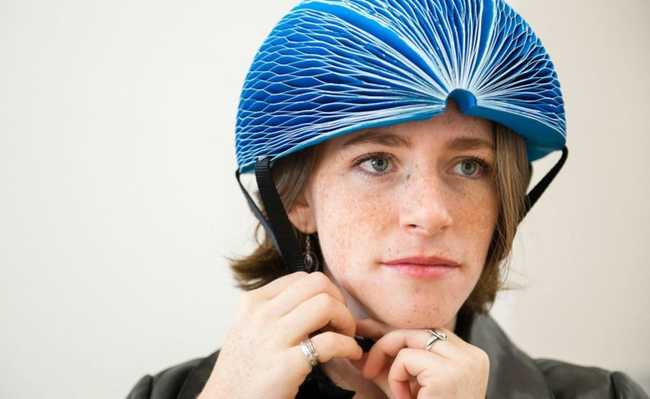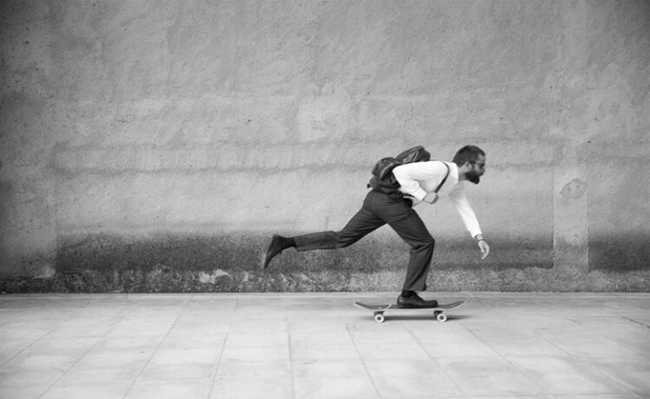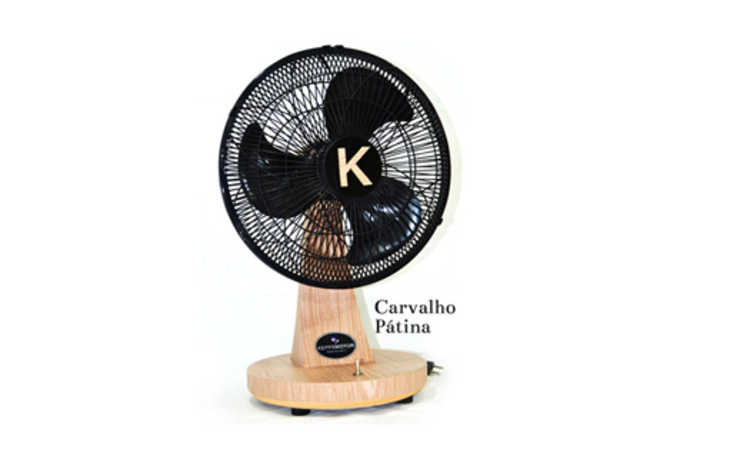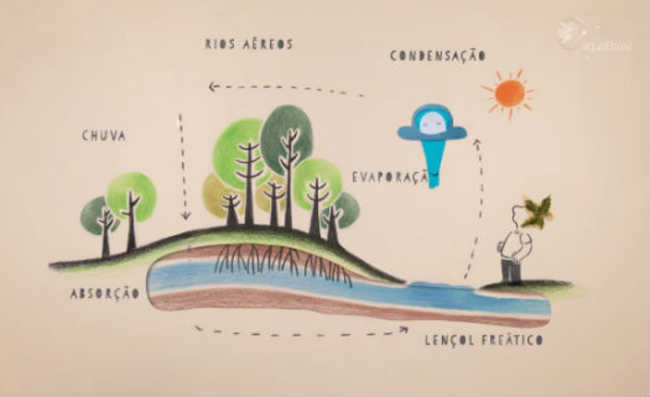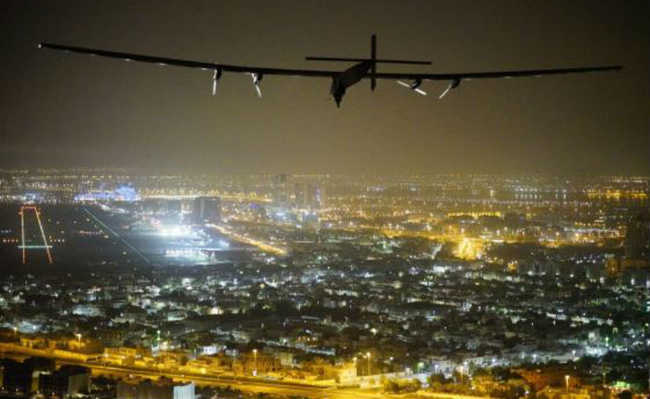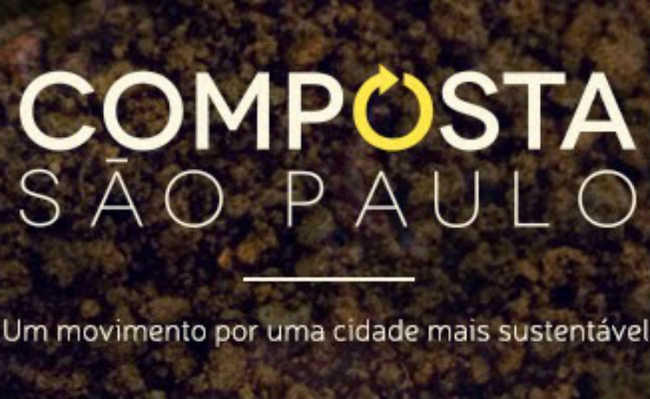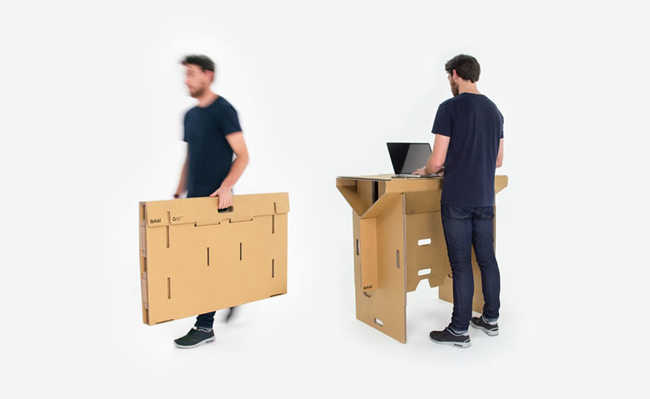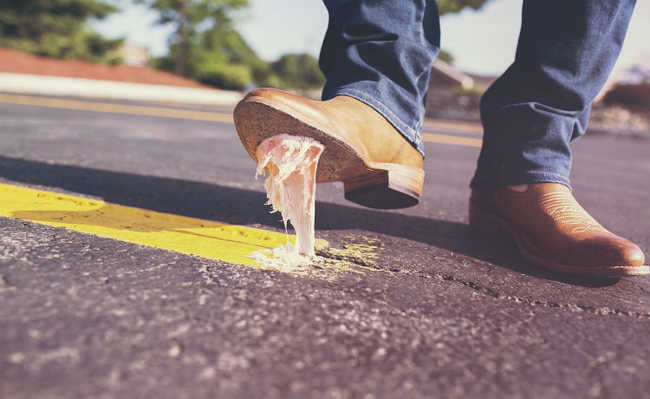What is Economy?
The origin of the word Economy, which comes from the Greek 'taking care of the house', points to the need to seek models focused on sustainable development

Luis Wilker Perelo WilkerNet image by Pixabay
Economics is the science that analyzes the production, distribution and consumption of goods and services. From a social point of view, the term refers to the set of scientific studies on economic activity, with the creation of theories and models. These, in turn, can be applied to economic management, which is the practical side of economics.
The word ‘ economy ’ is used generically to refer to the economic situation and the actions taken by a country to increase its wealth or reduce poverty, but its origin is in the junction of the Greek terms oikos, which means house, and names, manage or administer. Thus, the 'care of the house' is the basis of the economy and this points to the need to seek economic models that take care of the human being's home, the Earth, allowing our species to develop in a sustainable way.
- Current urbanization model is unsustainable, according to report
- What is natural capital valuation?
Generally divided into two branches, economics applies its knowledge to the analysis and management of the most varied types of human organizations, from public entities to commercial sectors. Microeconomics and Macroeconomics study, respectively, individual behaviors and what are their aggregated results together.
To analyze all these groups of possible actions and predict the directions to be taken by governments and companies, various forms of economy were created, such as sustainable, circular, and creative economy, among others. Get to know the economic models that preach sustainable development as an alternative to the current model of economic growth at any cost.
Sustainable Economy
The concept of Sustainable Economy is broad and has different approaches, being generally seen as a set of practices that take into account not only profit, but also the quality of life of individuals and harmony with nature. A sustainable economy is one that focuses its growth on the well-being of human beings, placing them at the center of the development process. The model defends that the human being no longer has a price to endow himself with dignity. Nature's capacity for regeneration is also considered as a good to be preserved for the continuation of economic activity. Read more in the article: Understand the Sustainable Economy.
- Understand the bioeconomy
- Bioenergy will be strategic for a sustainable economy, say scientific leaders
- What is sustainable consumption?
Circular Economy
Circular Economy proposes a systematic reuse of everything that is produced. The concept is based on the intelligence of nature, opposing the linear production process to the circular process, where residues are inputs for the production of new products. In the environment, leftover fruit consumed by animals decomposes and becomes fertilizer for plants. This concept is also called “cradle to cradle” (from cradle to cradle), where there is no idea of waste, and everything is continuously nourishing for a new cycle. The Circular Economy system added several concepts created in the last century, such as: regenerative design, performance economy, cradle to cradle, industrial ecology, biomimicry, blue economy and synthetic biology to develop a structural model for the regeneration of society. Understand the concept in the matter: What is Circular Economy?
- Understand more about synthetic biology and how it can be applied to the circular economy
- Google wants to insert circular economy into the company's day-to-day activities to reach zero waste
- UN and foundation partner to promote Circular Economy
Creative economy
Creative Economy is a new economic form on the rise in the world today. As the name implies, it is about generating value through creativity. They are goods and services based on intellectual and cultural capital and that seek to improve, innovate or solve problems. Selling experiences is one of the mottos of Creative Economy, as explained by English researcher John Howkins, one of the great experts in the area. Freedom is one of the prerequisites for creativity to emerge, enabling the development of new products in response to specific demands or interests, with greater care and attention to environmental resources. Learn more in the article: Creative Economy: a sustainable path.
Solidarity economy
The Solidarity Economy is an autonomous way of managing human and natural resources so that social inequalities are reduced in the medium and long term. This model rethinks the relationship with profit, transforming all the work generated to benefit society as a whole, and not just a portion of it. In the capitalist economy, winners accumulate advantages and losers accumulate disadvantages for future competitions. The idea of this model is that solidarity and cooperation between people and companies replace competition, so that everyone can grow together. Read more in the article: Solidarity Economy: what is it?
Collaborative Economy
Also called Shared or Networked Economy, Collaborative Economy is based on the rule of dividing rather than accumulating. The model seeks to facilitate the exchange of products and services, without focusing so much on profit. Although the idea of sharing things and knowledge is not something new, it is a culture that began to spread in 2008, thanks to the possibilities offered by the advancement of Internet, affecting how we view traditional business and the economy as a whole. Examples of Collaborative Economy put into practice are the applications of free rides and websites for sharing hosting, which facilitate the sharing and exchange of services in areas with high demand and lack of options offered by the traditional economy. Understand the proposal in the matter: Collaborative Economy: model focused on the exchange of products and services.
Regenerative Economy
Regenerative Economy is a theoretical proposal in tune with the current capitalist system, but which suggests changes in the way things are valued. What differentiates it from standard economics is that, while in standard economic theory one can regenerate goods or consume them to their point of scarcity, in Regenerative Economics, by taking into account the economic value of the original capitals, which are land and the sun, access to these original capital goods can be restricted so that their scarcity is avoided. Learn more in the article: What is Regenerative Economy?
- The consequences of agricultural development for the environment
- Climate change directly affects the development of countries, says UN in Brazil
Green Economy
The Green Economy is defined by UNEP as “an economy that results in improved human well-being and social equity, while reducing environmental risks and ecological scarcity”. The main characteristics of this model are: low carbon, efficient use of natural resources and social inclusion. Conscious consumption, recycling, reuse of goods, use of clean energy and valuing biodiversity are part of the Green Economy project. Read more in the article: What is a green economy?
- The foundations of a new economy
- UNEP launches platform to support trade and sustainable development
- Understand what green cities are and what are the main strategies for transforming the urban environment
All these models seek sustainable development and are ways not only to achieve short-term goals, as in the case of the Objectives for sustainable development, but also to build and maintain a society in which Sustainability is the rule and not a flag . From a commercial point of view, Companies B are a practical application and an example that it is possible to build a new sustainable business system. At the individual level, in turn, small actions contribute to building and valuing economic models that are fairer to people and the environment. Not being fooled by planned obsolescence is one of them, as well as reducing consumption of meat and packaging.


